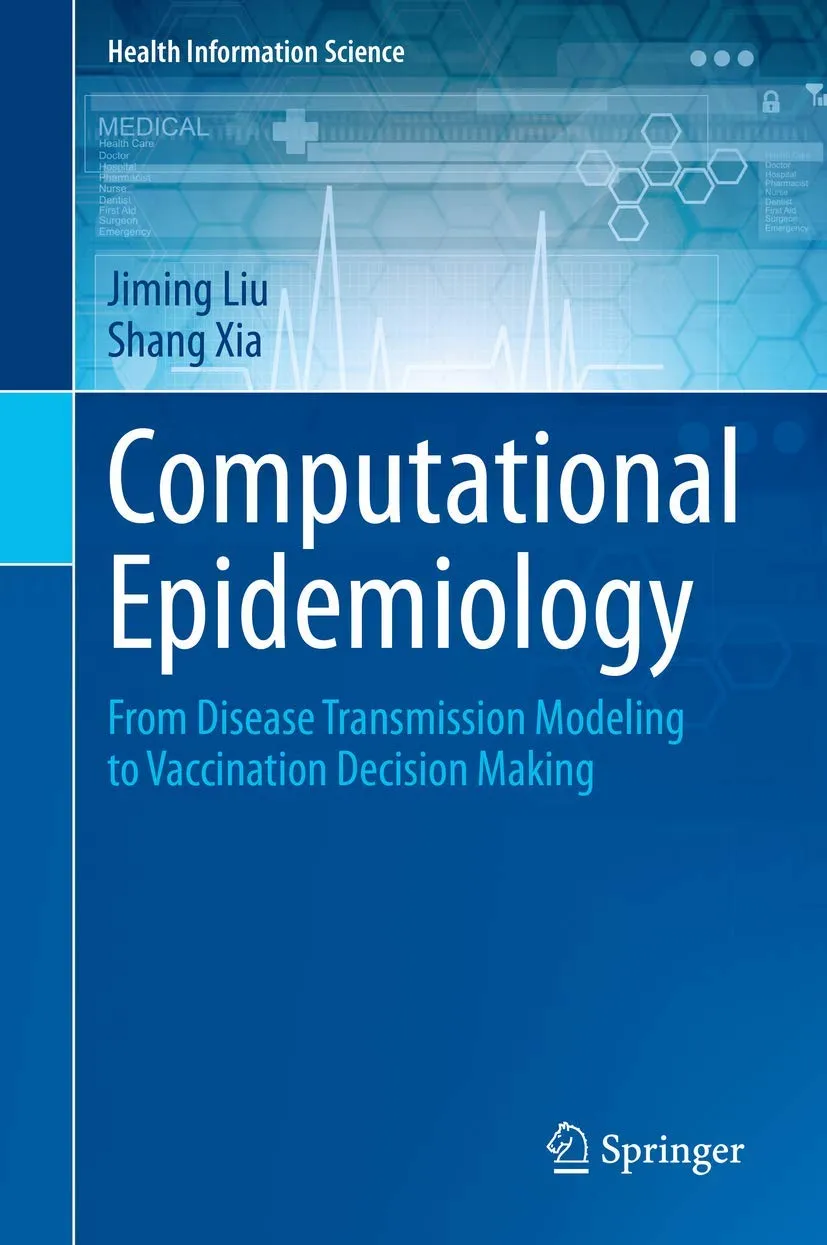Home
|
Products
|
9789356962026

Computational Epidemiology From Disease Transmission Modeling To Vaccination Decision Making | Hardcover
by Liu J.
Highlights

9783030521073
ISBN

Liu J.
Author

113
Pages

215 gm
Weight

English
Language

2020
Year

1st Edition
Edition

Hardcover
Binding
₹13640
₹15156
This book provides a comprehensive introduction to computational epidemiology, highlighting its major methodological paradigms throughout the development of the field while emphasizing the needs for a new paradigm shift in order to most effectively address the increasingly complex real-world challenges in disease control and prevention. Specifically, the book presents the basic concepts, related computational models, and tools that are useful for characterizing disease transmission dynamics with respect to a heterogeneous host population. In addition, it shows how to develop and apply computational methods to tackle the challenges involved in population-level intervention, such as prioritized vaccine allocation. A unique feature of this book is that its examination on the issues of vaccination decision-making is not confined only to the question of how to develop strategic policies on prioritized interventions, as it further approaches the issues from the perspective of individuals, offering a well integrated cost-benefit and social-influence account for voluntary vaccination decisions. One of the most important contributions of this book lies in it offers a blueprint on a novel methodological paradigm in epidemiology, namely, systems epidemiology, with detailed systems modeling principles, as well as practical steps and real-world examples, which can readily be applied in addressing future systems epidemiological challenges.The book is intended to serve as a reference book for researchers and practitioners in the fields of computer science and epidemiology. Together with the provided references on the key concepts, methods, and examples being introduced, the book can also readily be adopted as an introductory text for undergraduate and graduate courses in computational epidemiology as well as systems epidemiology, and as training materials for practitioners and field workers.
Online store of medical books
Discover a comprehensive range of medical books at our online store. From anatomy and physiology to the latest clinical guidelines, we've got you covered.
Trusted by students, educators, and healthcare professionals worldwide. Browse top publishers and expert-authored titles in every medical specialty. Enjoy fast shipping, secure payments, and easy returns. Your one-stop destination for quality medical knowledge at your fingertips.
Whether you're preparing for exams or expanding your clinical expertise, our curated collection ensures you have the right resources at hand. Dive into detailed illustrations, case studies, and up-to-date research that enhance your understanding and practical skills.
We regularly update our inventory to include the latest editions and newly released titles, helping you stay current in the ever-evolving medical field. Our advanced search and filtering tools make finding the perfect book quick and hassle-free.
Join our community of lifelong learners and medical enthusiasts. Sign up for exclusive discounts, early access to new arrivals, and personalized book recommendations tailored to your professional interests.
